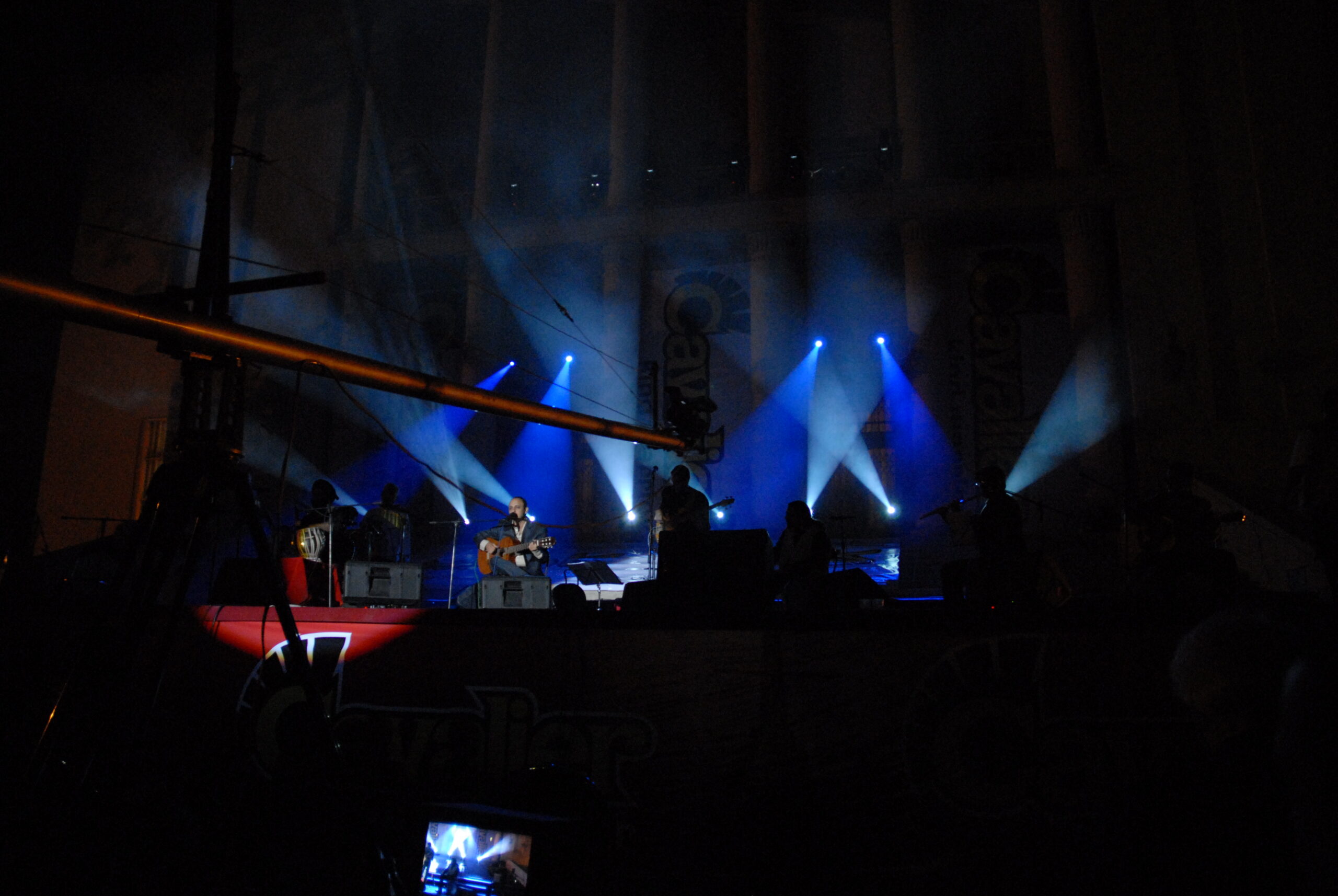This page features an array of videos showcasing live performances, music videos, and behind-the-scenes moments. Experience the full breadth of their musical and visual storytelling
GALAXY PERFORMANCE
ASTURIAS PERFORMANCE
ALHAMNBRA CLIP
BARAN PERFORMANCE
BLUE PERFORMANCE
DONYAYE RANGIN PERFORMANCE
OFOGH PERFORMANCE
PARANDEH PERFORMANCE
BBC REPORT
